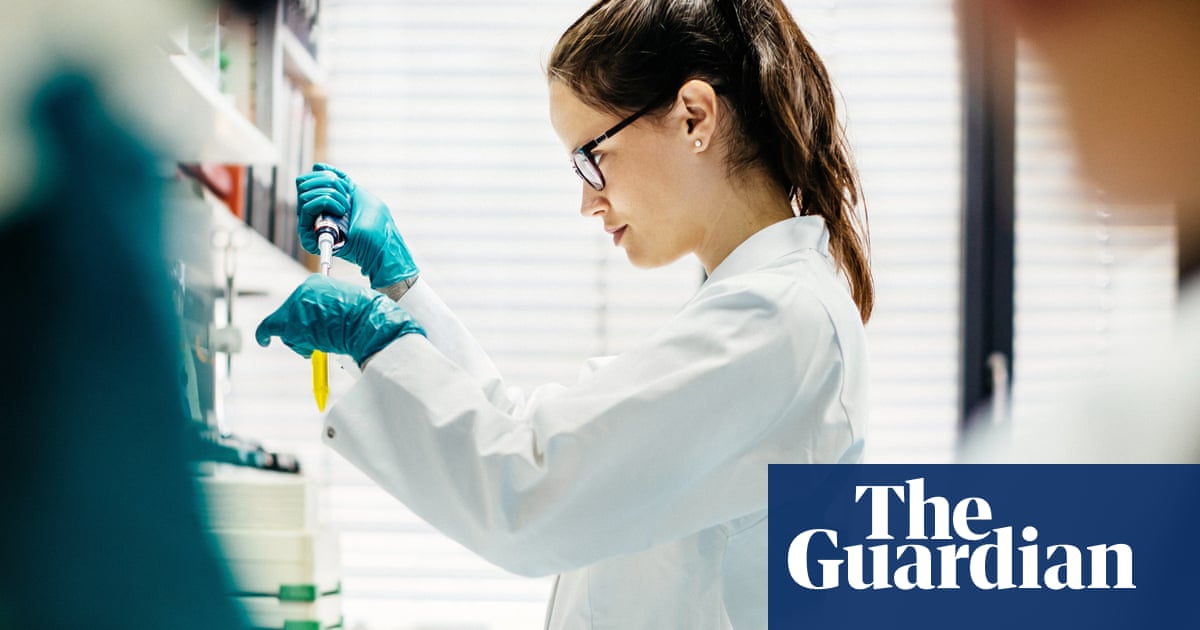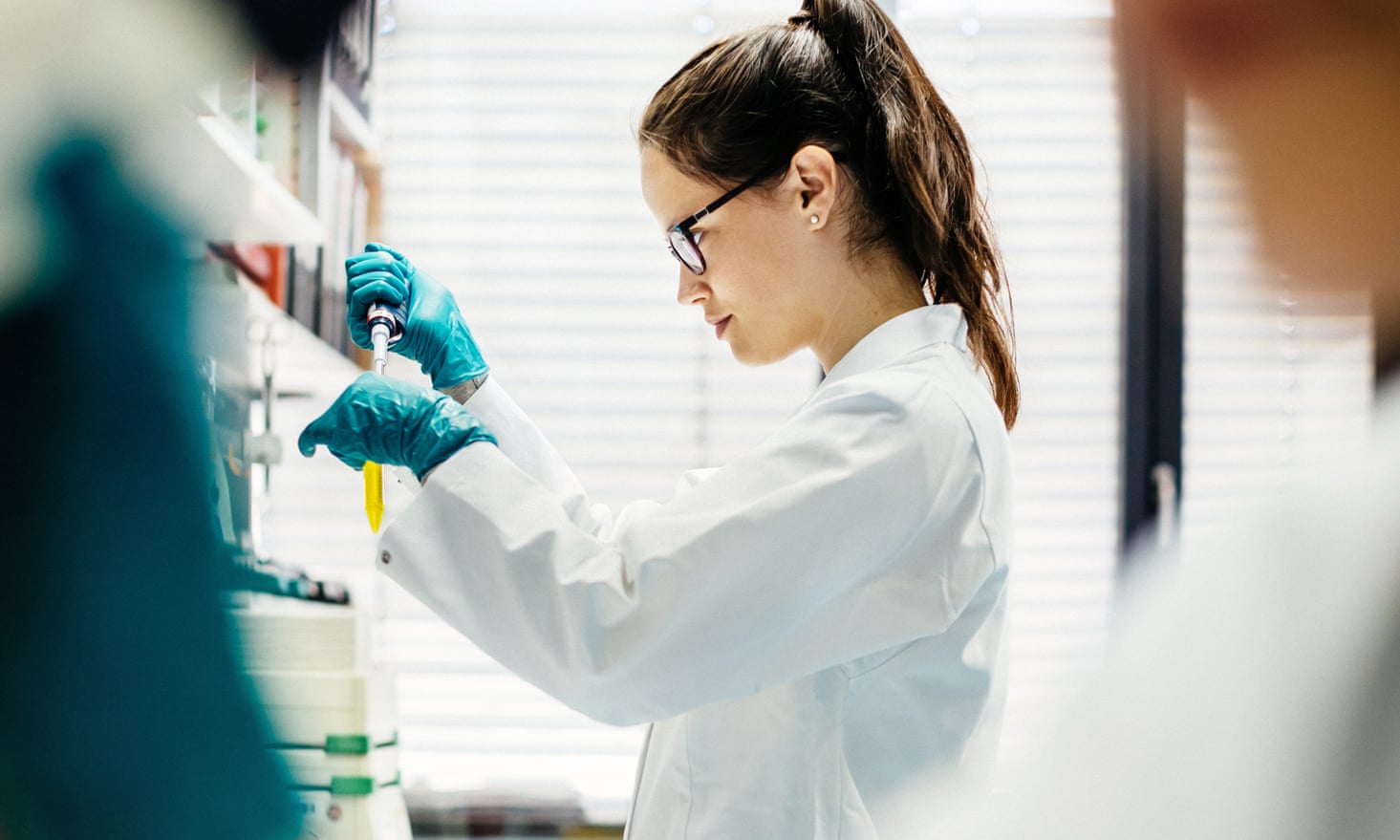
Scientists hail new antibiotic that can kill drug-resistant bacteria
Zosurabalpin has defeated strains of pneumonia and sepsis in mice, raising hopes for human trials
Scientists hail new antibiotic that can kill drug-resistant bacteria
Zosurabalpin has defeated strains of pneumonia and sepsis in mice, raising hopes for human trials
Linda Geddes Science correspondent
Wed 3 Jan 2024 11.00 EST

Antibiotic-resistant infections pose an urgent threat to human health. Photograph: Tom Werner/Getty Images
Scientists have discovered an entirely new class of antibiotic that appears to kill one of three bacteria considered to pose the greatest threat to human health because of their extensive drug-resistance.
Zosurabalpin defeated highly drug-resistant strains of Carbapenem-resistant Acinetobacter baumannii (Crab) in mouse models of pneumonia and sepsis, and was being tested in human trials.
Crab is classified as a priority 1 critical pathogen by the World Health Organization, alongside two other drug-resistant forms of bacteria – Pseudomonas aeruginosa and Enterobacteriaceae.
“Crab is a significant cause of infection in hospitals, particularly in people who are on ventilators,” said Dr Andrew Edwards, a senior lecturer in molecular microbiology at Imperial College London, who was not involved in the research. “While it is not an aggressive pathogen it is resistant to multiple different antibiotics, making it very difficult to treat.
“Unfortunately, development of new treatments against this bacterium has been extremely challenging because it is very adept at keeping antibiotics from getting past its outer cell layer. Therefore, this work is really exciting, and provides confidence that the approaches being used to find new antibiotics can bear fruit.”
Antibiotic-resistant infections pose an urgent threat to human health – particularly those caused by a large group of bacteria known as Gram-negative bacteria, which are protected by an outer shell containing a substance called lipopolysaccharide (LPS).
“LPS allows bacteria to live in harsh environments, and it also allows them to evade attack by our immune system,” said Dr Michael Lobritz, the global head of infectious diseases at Roche Pharma Research and Early Development in Basel Switzerland, which developed the new drug.
No new antibiotic for Gram-negative bacteria have been approved in more than 50 years.
Roche had previously identified Zosurabalpin as capable of blocking the growth of A baumannii but it was not clear how it worked, or if it would be effective in animals with Crab-related infections.
Through a series of experiments published in Nature, Prof Daniel Kahne at Harvard University in Cambridge, US, and colleagues showed that the drug prevented LPS from being transported to the outer membrane of the bacterium, killing it. They also found that Zosurabalpin considerably reduced levels of bacteria in mice with Crab-induced pneumonia and prevented the death of those with Crab-related sepsis.
Lobritz said: “This is the first time we’ve found anything that operates in this way, so it is unique in its chemical makeup and mechanism of action.”
While he stressed that this molecule alone would not solve the public health threat of antimicrobial resistant infections, the discovery could lay the foundations for future efforts to drug the same transport system in other bacteria.
Edwards said a different type of antibiotic that was being developed, known as murepavadin, similarly targeted LPS transport – though through a different mechanism.
“It has been shown to be active against a bacterium called Pseudomonas aeruginosa, suggesting that it may be possible to expand this work to other multi-antibiotic resistant bacteria such as Klebsiella and E coli,” he said.
However, he cautioned that the progression of new drugs from animal studies into humans could be extremely difficult.
Meanwhile, the UK’s science, innovation and technology committee has called for steps to develop the potential of bacteria-killing viruses – called bacteriophages – that could provide an alternative to antibiotics for resistant infections.
In a report published on Wednesday, the committee said development of phage therapies had hit an impasse because in order to enter clinical trials they needed to be manufactured to certain standards, yet investment in manufacturing plants hinged on successful clinical trials.
It recommended that the government should consider establishing a small facility at the mothballed Rosalind Franklin laboratory in the West Midlands, which was originally set up to process Covid tests during the pandemic.